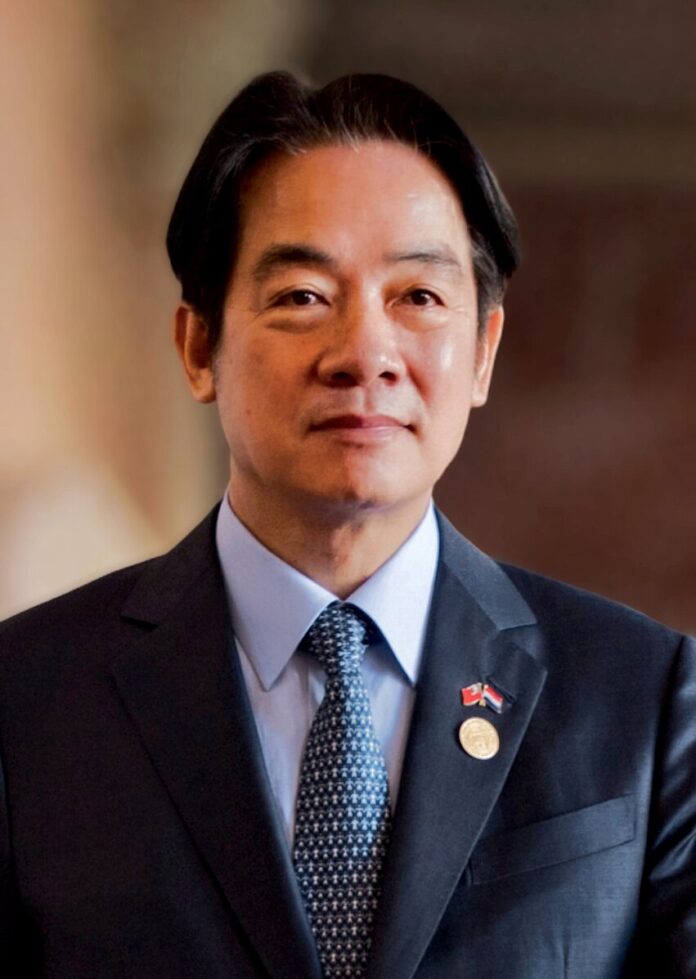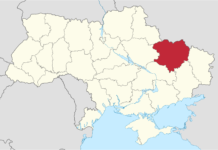The 2024 Taiwanese presidential election, a pivotal event in the island’s political history, concluded with Lai Ching-te of the Democratic Progressive Party (DPP) securing the presidency. After Tsai Ing-wen’s term-limited presidency concluded, Lai Ching-te, who had served as both Vice President and DPP chair, rose to prominence as a significant political figure. His victory, alongside running mate Hsiao Bi-khim, signifies a continuation of DPP’s governance in Taiwan.
The election landscape was marked by significant competition from the Kuomintang (KMT) and the Taiwan People’s Party (TPP), indicating the evolving nature of Taiwan’s multi-party system. Lai Ching-te’s win underscores the DPP’s ongoing political strategy and Taiwan’s commitment to democratic processes.
The implications of Lai’s presidency are profound, especially in terms of Taiwan’s foreign policy and its delicate relationship with mainland China. The DPP’s stance on maintaining Taiwan’s sovereignty and strengthening international alliances is expected to continue under Lai’s leadership. His tenure will be crucial in managing the complex geopolitical dynamics of the Asia-Pacific region, particularly with the growing tensions involving China and the United States.
This election highlights Taiwan’s robust democratic framework, from its vibrant multi-party system to active citizen participation in electoral processes. It reflects the island’s democratic maturity since the first direct presidential election in 1996.
Lai Ching-te’s presidency will be closely monitored by regional and global powers due to Taiwan’s strategic importance in Asia-Pacific geopolitics. His administration will navigate a path balancing domestic policy initiatives with the intricacies of international relations.
The 2024 presidential election in Taiwan represents more than just the persistence of DPP governance; it serves as a reflection of the nation’s robust democratic system and its pivotal role in international politics.
Image is licensed under the Creative Commons Attribution 2.0 Generic license and was created by 總統府.










